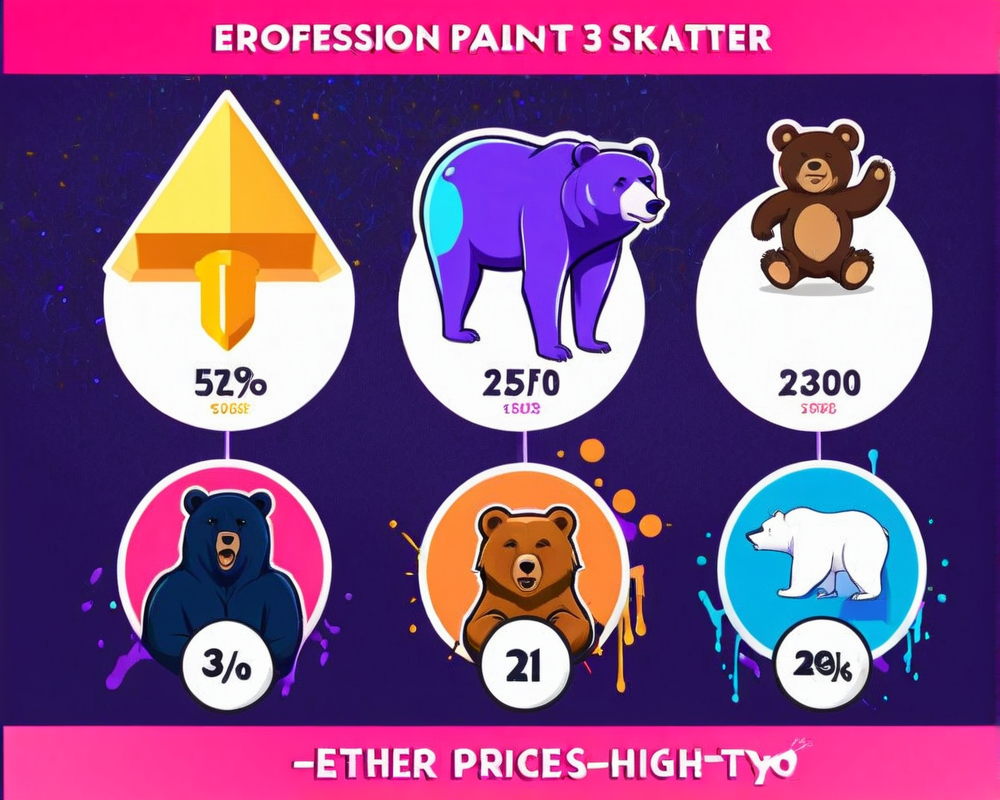Heightened Awareness of Digitalization Risks
The International Organization of Securities Commissions (IOSCO) has released a report emphasizing the urgent need for regulators at both national and international levels to strengthen their authority in response to burgeoning risks associated with the digitization of retail marketing and distribution. Published on October 12, the report outlines measures aimed at helping member countries refine their policy and enforcement strategies related to retail online offerings and marketing, particularly in light of the challenges posed by the proliferation of crypto assets.
Focusing on Behavioral Techniques and Influencers
Among the primary concerns highlighted in the report is the use of behavioral and gamification techniques in promoting crypto assets. IOSCO draws particular attention to the role of influencers in crypto marketing, dubbing them “finfluencers.” The concept of a “digital veil” is also invoked to describe how digital fraudsters can evade detection, complicating regulatory efforts to locate and act against such individuals. According to IOSCO Secretary-General Martin Moloney:
“Digital fraudsters can hide behind a ‘digital veil’ that makes it difficult for regulators to locate, identify and take action against them.”
Proposed Measures for Regulatory Oversight
While many of the proposed measures aren’t novel, they signify a proactive approach to the evolving landscape of online financial promotion. IOSCO suggests holding the management of crypto products accountable for the accuracy of information disseminated to potential investors on social media platforms. Furthermore, the organization advocates for the implementation of “appropriate filtering mechanisms” aimed at improving the financial consumer onboarding process.
The report also recommends that national regulators strengthen their supervisory powers by establishing regulatory channels for reporting consumer complaints concerning misleading or illegal promotions. Additionally, it calls for evidence-tracking processes to keep pace with the rapidly changing online information environment.
Qualification Requirements for Marketing Staff
One intriguing proposal includes the potential legal requirement for crypto companies to have specific licensing and qualification standards for their online marketing staff. This could ensure that those promoting crypto products adhere to high standards of integrity and transparency.
Compliance Across Borders
Another noteworthy recommendation involves compliance with third-country regulations, stipulating that companies providing services to foreign clients must determine whether they would have been able to secure the necessary licenses in the client’s home country. This aspect highlights the need for greater diligence and awareness among crypto firms operating in a global market.
Increased Regulatory Attention on Crypto
IOSCO’s heightened focus on cryptocurrency regulation this year is evident. In March 2022, the organization urged regulators to comprehend the implications of decentralized finance (DeFi) developments within their jurisdictions. Furthermore, in July, IOSCO, in collaboration with the Bank for International Settlements (BIS), published guidance aimed at regulating stablecoin arrangements.
Conclusion
As the cryptocurrency market continues to expand, the call for enhanced regulatory powers and frameworks reflects a growing acknowledgment of the complexities and risks inherent in this evolving landscape. IOSCO’s recommendations may shape the future of crypto regulation, contributing to the development of safer and more transparent markets for consumers.




